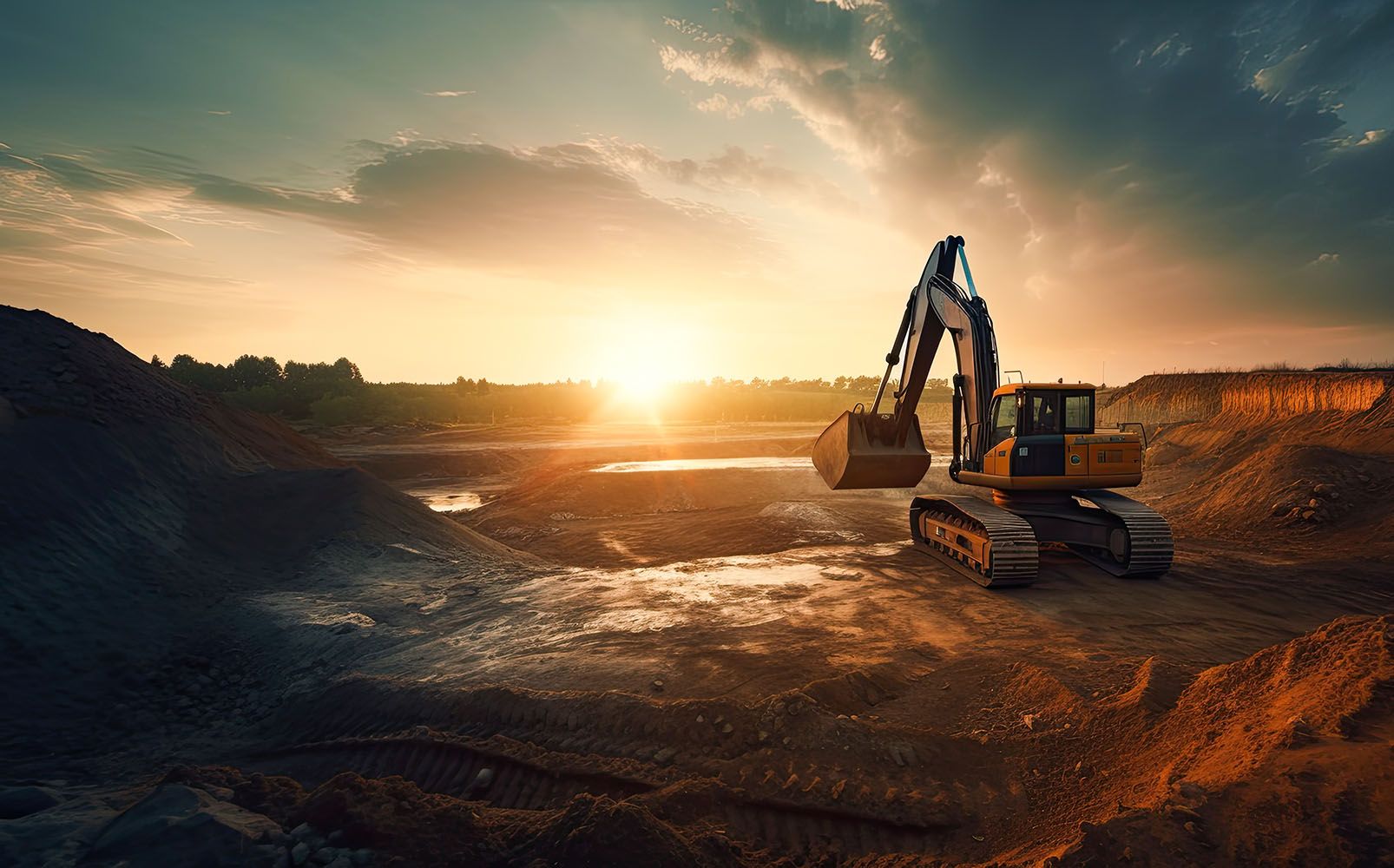Leadership
Capability, Culture And The Rare Art Of Learning From Mistakes
If homebuilding resiliency and enduring success, "relies on accepting and preparing for cyclicality," it also relies on accepting that errors go with the turf, and preparing the team for how and when they happen vs. "assuming" they can be prevented.

A moment that struck a chord this week at TBD – an instant deep refresh on what makes us so love what we get to do everyday that we wake up and start work --came as Smith Douglas Homes president and ceo Greg Bennett lit on a brand of humility commonly at the core of America's most capable residential construction companies.
Bennett – asked to speak to the SDH business culture he believes sustains his growing team of talents' flame of passion and focus on continued growth and service to customers – flashed without missing a beat to his best way of expressing the quirky, multi-domain culture of capability in homebuilding. That instantaneous reflex brought Bennett to his business mentor of many years, and Smith Douglas Homes founder, Tom Bradbury.
Tom's mantra is, 'it's not who's right, but what's right,' and with that almost 50 years in the business, he's still as passionate as ever about the business," Greg Bennett tells us. "He's created a culture here where people want to come and work for us, and they stay."
Practices and principles above any single person. This makes so much sense, especially insofar as that wisdom allows for and builds on an organization's capability to live with, learn from, and even thrive by making mistakes.
Now, here at The Builder's Daily we inhabit the housing cycle and its dramas in this space so much of the time. Housing without its cycles would be something else. It would involve other people with other resources and other skills and talents. It would be all but unrecognizable to many of us.
Morgan Housel writes, 'Everything is cyclical,' concluding lyrically:
So much of long-term success relies on accepting and preparing for cyclicality versus assuming it can be prevented."
That had to have been one of the GFC's greatest lessons-learned among residential real estate and construction enterprise leaders and their teams, and, as their performance mid-way through 2023 attests, they learned it well.
Still, once in a blue moon – which is the case, astronomically, this month of August 2023 – an orthogonal look outside the cycle, at a matter equally timelessly critical to long-term business and life success feels like it fits into our mission here.
This matter – that homebuilding is a people business, and all people at all levels of the value chain make mistakes – shares with cyclicality both an essential DNA and a constant propulsive force of impact on homebuilding organizations and their outcomes.
If homebuilding resiliency and enduring success, as Housel notes, "relies on accepting and preparing for cyclicality," it also relies on accepting that errors – at every level of an organization – go with the turf, and preparing the team for how and when they happen vs. "assuming" they can be prevented.
Like the cycle, human error up and down our organizations is not an option. The only option is acceptance, preparation, and learning.
This idea crystallized – as work and life balances and intersections sometimes do – after hours, streaming a popular Hulu series called "The Bear." Without spoiling too much for those who haven't but may choose to watch the series, the narrative, its setting in the context of the restaurant business in the city of Chicago, its lovably flawed ensemble of characters and their discrete, dark, brave, and intertwined roller-coaster ride journeys, remind me a whole lot of my impression of many organizations in the homebuilding and development business community.
If you get that you get it; and if you don't, it won't be very likely I can explain it well, but in both worlds, there's the ideal vs. the real world; there's the beauty and delight and there's the mess; there's the sanctuary of well-being and there's the cauldron of chaos; there're the egos and there's the team.
In the series' second season, the 9th episode, an avuncular moment happens, and it focuses on mistakes, and as a matter of fact, the bad kind of mistakes, for which we often say there are no excuses: unforced errors.
Now, if you haven't seen the series, don't miss the opportunity to do so, and if you have, you know exactly which moment in the season's 10 episodes we're referring to.
This particular scene – caveat, there are 23 f-bombs -- has management lessons enough in it to merit an entire business school course, and it features this line.
May I share with you a story of complete and utter failure?”
That story is about an unforced error and a daisy chain of disasters that follow it, and who gets the blame, and who bears the responsibility, and who feels the pain. If you don't mind spoilers, you can read a fascinating blow-by-blow of the scene here, complete with video clips, newspaper accounts, close-up photos of the villains, a historical account of Wrigley Field's design and construction, and a backdrop of a long-suffering Second City fandom.
Thing is, errors – even unforced errors, the ones we find especially abhorrent – are everywhere and all the time. The "teachable" moment missing in this parable is what leadership and team play might do differently next time once that first unforced error, or mental mistake happens. They happen. They shouldn't, and they do.
Here's 30 reasons for them, and that's probably not the full list.
It's not just about keeping your "eye on the ball" at all times to prevent making the mental blunder. It's also about asking for help when you need it. It's about trusting others to do their jobs, so that you have time to do yours well. It's about accepting that "to 'unforced' err is human." It's about accounting for one's own inevitable human occasion to commit an unforced error, and to own it and learn from it rather than pin it on someone else.
Here's what happens too little in response to and in preparation for when – not if – an unforced error by anyone around us occurs. We hardwire ourselves to deflect, blame, elude, shame, freeze or seize up when an unforced error happens on our watch. Our knee-jerk is not to learn and improve but to decompensate.
Homebuilding and their partner organizations in real estate development, design, investment, product manufacturing, distribution, and services have evolved as more resilient firms in an inalterably cyclical business.
They're going to have to do more of the same as it ties to mistakes people make, and the particular opportunities learning from those mistakes creates. That resiliency will take the form, finally, of an emerging next generation of people who'll get their own chances to make their own mistakes on the way to learning to thrive in this most noble of livelihoods.
"It's not who's right. It's what's right." Thank you, Tom Bradbury.
Staffing and recruiting done right. Fast Tracking Solutions specializes in delivering top talent in accounting/finance, construction, and technology operations.
MORE IN Leadership
United Homes Group’s Board Crisis In Compliance Countdown
United Homes Group is running out of time to rebuild a functioning board and avoid a Nasdaq compliance breach. CEO Jack Micenko says day-to-day operations continue, but governance uncertainty and market headwinds now threaten the company’s stability.
Smith Douglas Homes Doubles Down On Pace And Growth
Smith Douglas Homes Corp. (SDHC) remains defiant amid a slowdown by prioritizing pace over price. The builder's rapid cycle time and focused expansion strategy could serve as a blueprint for competitors that serve the strained entry-level segment.
After An Involuntary Pause, Orders Matter Again For LGI
In a market where affordability is collapsing, LGI’s disciplined, spec-first model is proving its worth. A year after seizing ground from private builders, the company’s focus on land control, cost precision, and first-time buyers is paying off.


